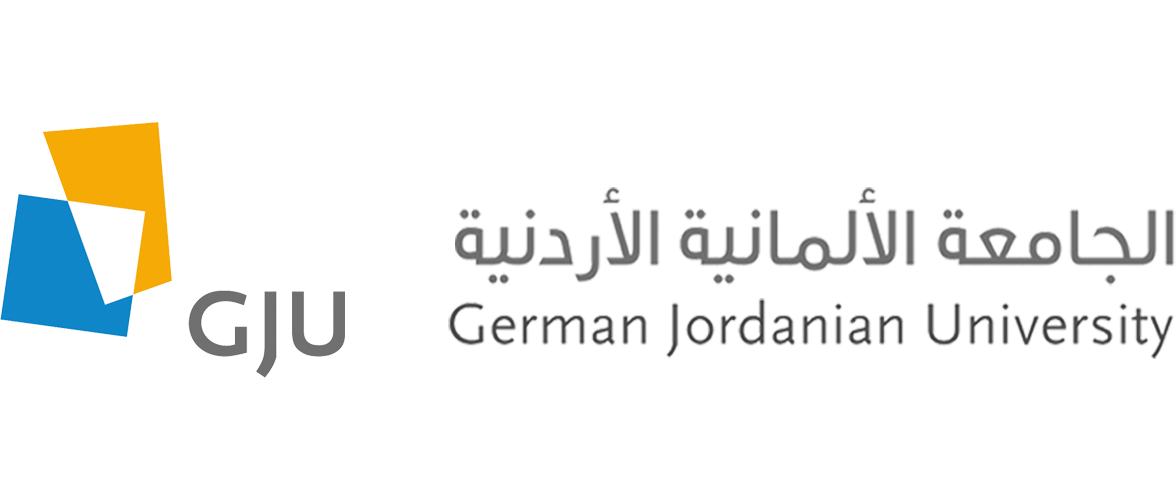This project, funded by the Royal Academy of Engineering and implemented in cooperation with Newcastle University, tackles two of the SDGs, which are energy decarbonization and the digital revolution for sustainable development. The key players to decarbonize the energy sector are integrating renewable energy sources and electrifying heat and transport – these goals require digitalization of the electrical grid and transforming it into a smart one.
On the other hand, the smart grid’s advanced communication technologies could introduce new vulnerabilities and increase cyber threat exposure. The challenge in this smart grid is to manage a large system with many components securely. Cyber-attacks might lead to equipment failure, blackouts, customer privacy breach, and endangered operating personal safety. According to a report published by the Centre for Economics and Business Research (CEBR), cyber-attacks are costing UK firms £34 billion – split roughly 50-50 between revenue and intellectual losses (£18bn) and subsequent increased IT spending (£16bn). In the Arab region, cybercrimes and security threats have become a new danger facing companies operating in the region, which threatens vital facilities such as energy and communications.
One of the goals of this project is to investigate cyber-physical security integrated with the real-time control and management system of a smart distribution network. The project also aims to develop a digital cyber-twin model which is a virtual model of the actual power network.

